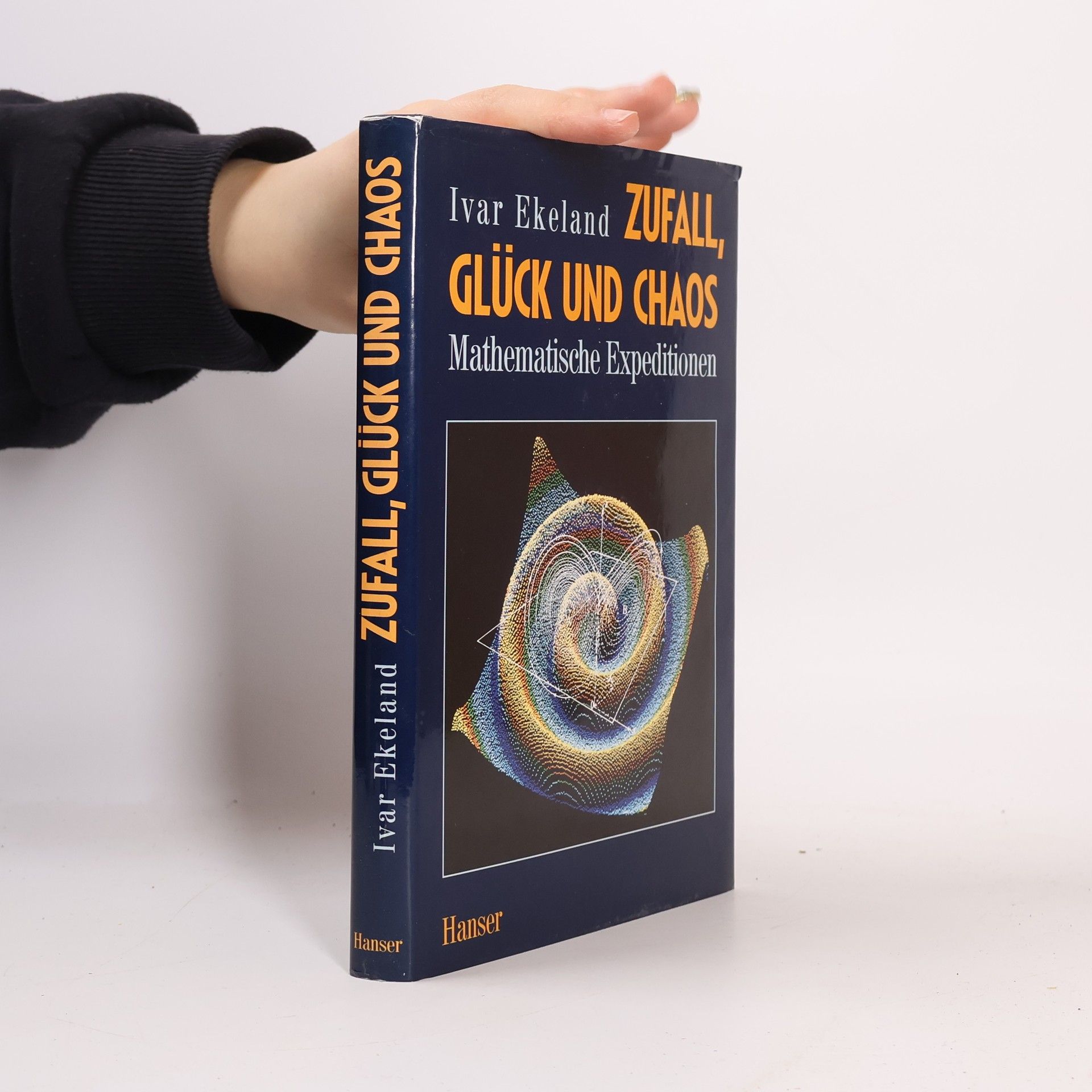Kočka v Zemi čísel
- 64 stránek
- 3 hodiny čtení
Ivar Ekeland napsal veselý příběh o Hotelu Nekonečno a jeho hostech, Číslech. Příběh, který je doplněn půvabnými obrázky Johna O'Briena, velmi přístupným způsobem vysvětluje pojem nekonečna a potěší bez ohledu na věk všechny, které zajímá matematika. V takovém hotelu jste ještě nikdy nebyli. Můžete jit,kam chcete, a všude jsou další a další chodby a další pokoje. I když je v tomhle hotelu úplně plno, vždycky se tam pro vás najde místo. Jak je to možné? V téhle knížce se to dozvíte. Na chodbách hotelu můžete občas potkat Kočku, které spousta věci vrtá hlavou . . . Jestlipak na ně Kočka přijde? První vydání.






